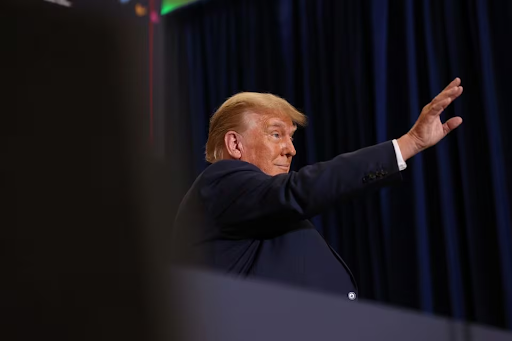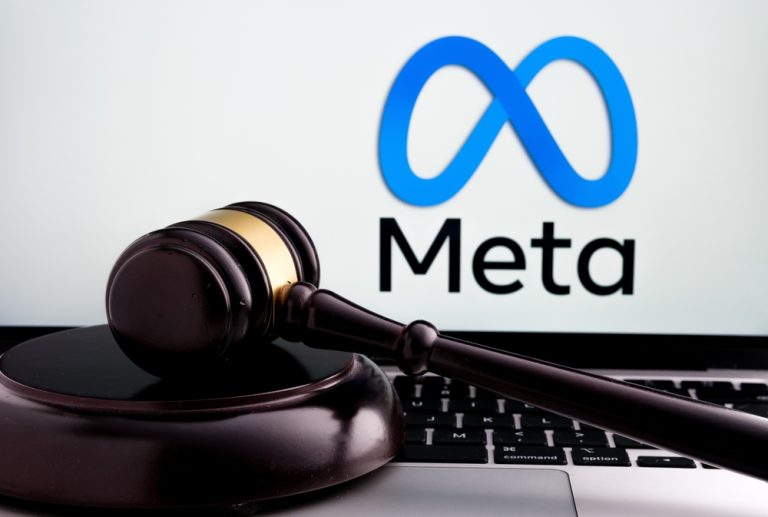In a landmark decision, the Colorado Supreme Court has disqualified former U.S. President Donald Trump from appearing on the state’s presidential primary ballot for the November 2024 election. This ruling, stemming from allegations of insurrection, has sent shockwaves across the political landscape and raised questions about the legalities and implications of such a decision.
The Core of the Ruling: Section 3 of the 14th Amendment
The Colorado Supreme Court’s decision was based on Section 3 of the 14th Amendment of the U.S. Constitution. This provision, originating from the post-Civil War era, prohibits individuals who have engaged in insurrection or rebellion against the United States from holding federal office. The court linked Trump’s actions during the January 6, 2021, U.S. Capitol attack to this provision. However, a lower court had previously refrained from disqualifying Trump, asserting that Section 3 doesn’t apply to presidents.
Trump’s Immediate Response and Legal Strategy
Following the ruling, Trump’s campaign denounced the decision as “undemocratic” and announced plans to appeal to the U.S. Supreme Court. Trump’s team criticized the ruling for lacking adequate due process and argued that he hadn’t been convicted of insurrection, which they consider a prerequisite for such disqualification under Section 3.
Dissenting Opinions and Legal Precedents
The Colorado Supreme Court’s decision was not unanimous, with dissenting justices voicing concerns about due process and the absence of a jury conviction for insurrection. They emphasized the unprecedented nature of the case, given the rare invocation of Section 3 and the potential implications of the court’s powers.
The Potential Impact on the 2024 Election
The ruling, while significant, might not substantially affect the outcome of the 2024 election. Colorado, with its Democratic leanings, is not a critical battleground for Trump. However, the case sets a precedent that could influence similar lawsuits in more pivotal states, potentially affecting Trump’s candidacy on a broader scale.
Ongoing Legal Battles in Other States
Trump faces similar legal challenges in over 12 states, though many have been dismissed on procedural or jurisdictional grounds. Courts in Michigan, New Hampshire, Florida, and Minnesota, among others, have rejected disqualification cases, often citing the lack of judicial authority to remove candidates from ballots unilaterally.
A Political and Legal Quagmire
This unprecedented ruling against Trump in Colorado opens a complex legal and political battleground. The nation watches closely as the case moves to the U.S. Supreme Court. The outcome could redefine the American electoral landscape and the interpretation of constitutional provisions in modern politics.























+ There are no comments
Add yours